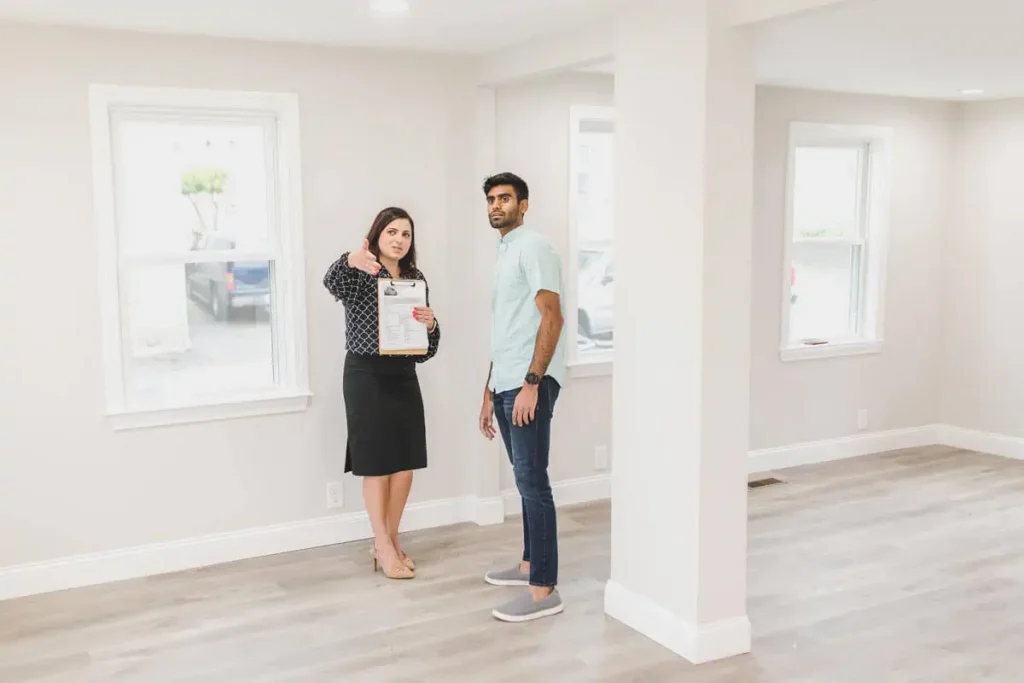Are you looking for ways to achieve your financial goals this 2019?
One of the perks of buying a condo is the ability to change it from your residence into a rental property unit. It can be a source of passive income for your family. If you’re moving to a new home or outside the city, setting up your condo for leasing is a good idea.
However, there are essential steps that you should do to turn your house into a rental property. This way, you can avoid common pitfalls and setbacks which many property owners who are converting primary residence to rental property miss.
Let’s dive right in:
Chase the Money
Before making any plans, determine how much money you will have to spend upfront and on a regular basis for preparing your property for lease and its maintenance. Understand that you will have to make some repairs to make it presentable for your prospects and to get them occupied. You will also be responsible for the upkeep of your property to keep your tenants satisfied.
Investing money to make sure your units are ready for lease and keeping the unit in its best shape can help you avoid spending more money in the long run.
Of course, if you are still paying for your mortgage, that should be included in your calculation.
Name Your Price
After identifying your overhead cost, you now have to know how much you can put your property for rent. This may depend on the property’s current market value, its location, its current condition, and more.
To guide you in pricing your rent, check the running rates for rental units in your area that are almost similar to yours. This can give you a general sense where to start. You can then compare and see if you have the edge over their units.
From there you can ask yourself: How much can I earn if I rent out my primary residence and move to a smaller and more affordable house, or to an existing property that I have?
Take a good look at your condo management fees and name your price accordingly by striking a balance between affordability and profitability.
Be Tax Compliant
Another thing to consider is the Real Property tax in the Philippines. Renting out your primary residence is subject to tax. Not only that, if you are currently enjoying tax exemptions from paying your mortgage, that privilege may be removed. This subject is best discussed with your tax advisor to know the most accurate information based on government policy changes.
Hire an Expert Property Manager
After considering the points we have discussed and you are determined to change your primary residence to an investment property, now is the best time to hire a property manager.
A good property manager can help you prepare your unit for rent and let you know about other tasks you have to complete before your unit is ready.
A property manager can also help you with staging your home, identifying repair needs, and identify opportunities to increase your unit’s value.
By enrolling your unit in DMCI Leasing, you will be able to have a property manager and his or her team to assist you with your concerns before you enroll your unit.
Cover Your Bases
If you wish to remain a landlord, you will have to understand the importance of having insurance.
While you already have your homeowner’s insurance, it’s a wise move to have separate landlord’s insurance. There are insurance packages that cover all major risks of damage to property as well as the income loss due to such scenario. Both landlord and homeowner insurance have dwelling coverage which protects the condo from the covered hazard. However, they differ when it comes to liability protections. Homeowners insurance covers the resident family members while landlord insurance covers the tenants. Personal property in landlord insurance covers appliances that are included in the renting space.
Ask your property manager for the options available.
Prep Your Home
Once you have all the details, you are now ready to prepare your home for inspection.
Using the money you set aside based on your previous calculations, start the repairs on your windows, doors, bathroom and kitchen fixtures, and ensure there are no electrical and plumbing issues.
To make your unit more appealing, paint it with neutral colors like beige, light grey, or white. This makes it easy for your prospects to visualize your unit as their home, with all their furniture and family inside.
This is also the best time to update your lighting to make it presentable especially when you take photos of your unit for your listing.
Prepare Required Documentation
Now that your unit is prepped up and inspection-ready, you can then enroll your units for lease. You will be required to fill out forms and provide some documentation.
When enrolling your DMCI Homes Condo unit, you will have to submit at least two (2) copies of the following:
- Driver’s License
- GSIS E-card
- PRC ID
- IBP ID
- OWWA ID
- Digitized BIR ID
- Senior Citizen’s ID
- Unified Multi-Purpose ID
Once you have filled out the form and enrolled your unit, you can then expect the leasing department to inspect your unit. After the inspection and your unit is approved, you can simply monitor the status of your unit.
Since you will be working with a DMCI Homes property manager, you can expect these tasks to be handled:
- Source possible and qualified tenants
- Unit inspection and unit monitoring
- Administer lease contract/s
- Collect and endorse rental payments to unit owners
- Negotiate renewals, request extensions, and/or handle contract termination
- Assist move-in and move-out of tenants.
Reach Your Market

Photo courtesy of Gratisography via Pexels
Congratulations! You’ve almost completed all the steps you have to take to become a landlord.
There’s only one thing left: listing and marketing your unit.
Your DMCI Homes property manager will be helping you source and screen possible and qualified tenants through the DMCI Leasing platform. However, as a proactive landlord, you may want to increase your chances of getting your unit occupied faster at the price you want.
To market your unit, start with taking great photos of your apartment. Make sure to make it appealing and inviting to your prospects. Once that is done, you can look for other platforms to list your rental unit, or even use social media for marketing!
Taking the leap to become a landlord is not a small feat. It takes courage and effort, but in doing so you can open new possibilities for you and your family by having a new income stream that can help you live a more comfortable lifestyle.
Enjoy all these by enrolling your unit for leasing today!










